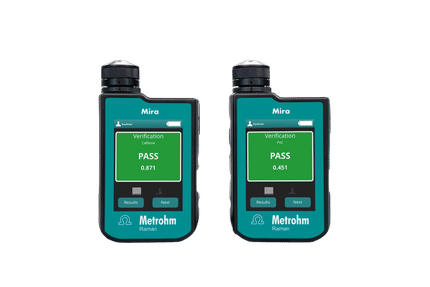To use all functions of this page, please activate cookies in your browser.
my.chemeurope.com
With an accout for my.chemeurope.com you can always see everything at a glance – and you can configure your own website and individual newsletter.
- My watch list
- My saved searches
- My saved topics
- My newsletter
Clinical pharmacologyClinical pharmacology is the science of drugs and their clinical use. It is underpinned by the basic science of pharmacology, with added focus on the application of pharmacological principles and methods in the real world. It has a broad scope, from the discovery of new target molecules, to the effects of drug usage in whole populations. Product highlight
Branches
|
| This article is licensed under the GNU Free Documentation License. It uses material from the Wikipedia article "Clinical_pharmacology". A list of authors is available in Wikipedia. |







